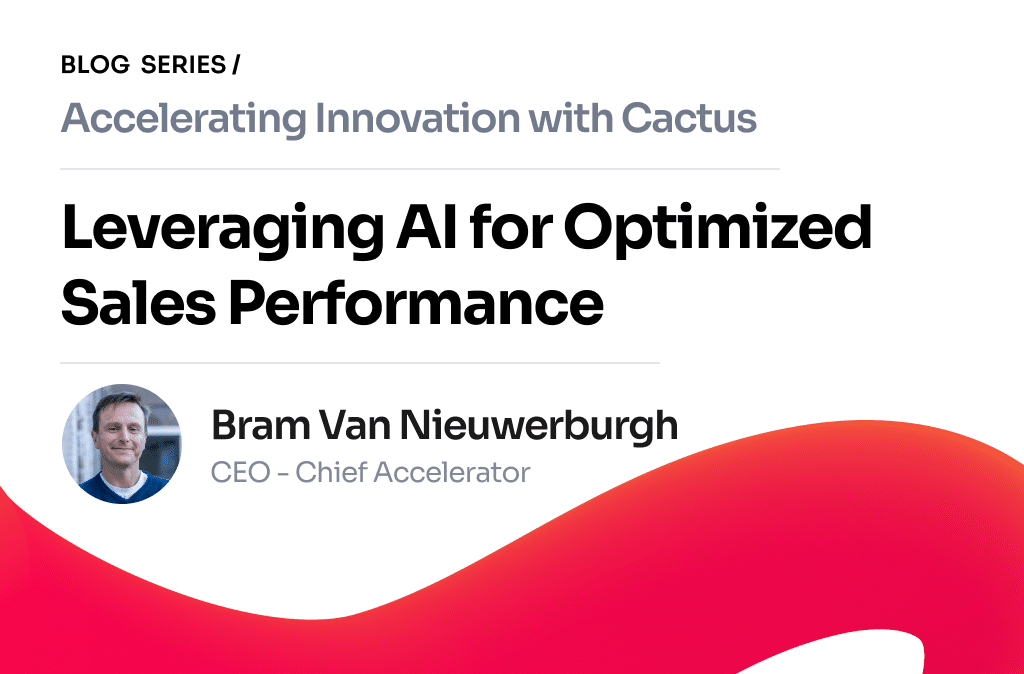Hi, I am Nastassia Sakatkova, PM/BA at CactusSoft.
For several months I studied the no-code development platform Mendix to really understand if no-code development made it easier for non-technical individuals to create functional applications without having to write code.
Advertisements of different platforms tell us that it can be incredibly beneficial for entrepreneurs, small businesses, and organizations that want to create apps or tools but do not have the resources to hire developers or a software development team. As a Business Analyst with 3 years of experience, I understand what entities and objects are, and how parameters in a request work, so I decided to create an internal app for recourse planning for our CactusSoft team. I think every PM from time to time dreamed about their own app for planning.
How no-code platform work
I started by learning at Mendix Academy. Mendix has many materials for learning and the learning process was interesting and enthralling. I learned and tried to create something step-by-step with lessons and notice that I spent more time than was estimated (near every topic you may see approximate time spent on the lesson).
Then I got my first certification from Mendix Academy – Rapid Developer.
With this knowledge level, I can create an app from a template, change the design, add a bit of custom logic, and push the app to the production environment.
Now I continue learning an advanced course to create my planning app. The task was not easy. Since I had to figure out a lot about how to build an interaction with entities and how to properly build a user flow for my future user colleagues. For now, my app is not finished, but I think that I can share some thoughts about no-code development.
Comparing no-code development vs traditional development
No-code development is often seen as a quicker and more cost-effective way to develop software. Since there is no need to write code, no-code development is often faster and less expensive than traditional development. Additionally, with no-code development, the software can be built on top of existing applications and platforms, which can speed up the development process.
Traditional development, on the other hand, requires the programmer to write code. This process can be time-consuming and expensive, but it often yields higher-quality results in terms of security, scalability, and maintainability. Additionally, traditional development gives the programmer more control over the software since they are writing the code themselves.
No-code platforms have been advertised to replace developers and allow anyone to create complex software applications. While no-code tools can be used to accomplish some tasks with ease and speed, developers will remain a crucial part of the software development process for the foreseeable future.
Building Apps with no-code in the Future?
It is unlikely that no-code development will completely replace developers.
While no-code platforms have become increasingly sophisticated and powerful, there are still limitations to what can be achieved without code for people who didn’t learn to program. You can create an app from a template and add a little of your custom logic, but integration with other software or systems often requires some level of coding expertise.
Furthermore, no-code development often requires a good understanding of application design and architecture, as well as knowledge of various no-code tools and platforms. In addition, we can address the potential drawbacks of no-code development, such as the lack of support for more complex features and the difficulty of debugging. It is unlikely that non-technical individuals will be able to completely replace developers, but rather, no-code development will allow them to work alongside developers to create and maintain applications.
Overall, no-code development is a valuable tool for those who want to create applications but lack the technical expertise or resources to do so. While it may not completely replace developers, it can make the development process more accessible and efficient for a wider range of people and businesses.
In conclusion, expert development teams are essential for complex projects that aim to bring about real change for businesses. Such projects often require specialized knowledge and skills, as well as a deep level of expertise, to ensure successful outcomes. Therefore, businesses should continue to trust in the capabilities of these teams and the value they can bring to their operations. Investing in experienced development teams can be a great way to ensure the success of any project and can be the starting point of a long and successful journey.

Anastasia Sakatkova
PM/BA








